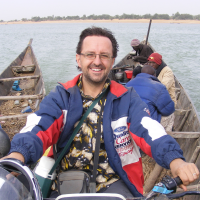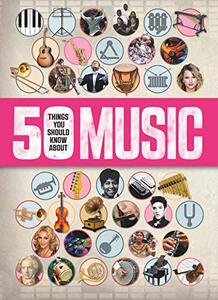Do you have a simple childhood memory that you could never forget?
Getting lost at the top of a Welsh mountain with my family when I was seven years old. We were at the top of a steep ridge and had no idea which way to go. We ended up sliding down a sheer bank on our bottoms and through a dense pine forest before finally reaching civilisation again.
What have been your most valuable out-of-school learning experiences?
Meeting interesting people from all over the world and hearing their stories. Travelling overseas and discovering other cultures, cuisines and landscapes.
Who is the most supportive person in your life when it comes to your writing?
My good friend Mike, who has meticulously proof-read every word I have written, feeding back supportively and with attention to the most minute detail.
What has your life been like up till this point?
Full of music, travel, adventures, good friends and family.
Do you remember the first story you ever read and the impact it had on you?
Early on, I read many Enid Blighton books, and loved the adventures and discoveries made by The Famous Five.
How much did you research while writing your book, 50 Things You Should Know About Music?
Very much! I already had a broad musical knowledge, but still needed to be certain every fact was correct, and every picture just how I wanted it. I think it took me over 200 hours to write.
Was it your love for music that made you write your book, Adventures in Music and Culture?
Not entirely. It was more my love of African people and their fascinating cultures which drove me to write the book. Every journey I made through Benin and Togo was so rich and varied, I just had to share my experiences worth the world.
What was the most challenging part about writing the memoir, Toubab Tales?
Making the book varied, entertaining and exciting, whilst balancing this with the need to accurately portray what actually happened in Mali. And recounting the military coup in the final chapters was a deeply emotional experience for me and therefore a great challenge also.
How many hours in a day do you write? Have you ever pulled an all-nighter writing?
It varies depending on my non-writing schedule. I've been known to spend ten or more hours a day writing. At other times, I may go for a week and write virtually nothing. But I'm always thinking about my plot and how to develop my characters further.
I have not pulled an all-nighter since university. I think it would actually be counter-productive to my creativity.
How do you spend “quality time” with yourself?
Cycling, listening to jazz or reading a good thriller.
How do you balance writing your honest thoughts and feelings with what you know readers want?
I believe good writers do both. Once you have a gripping plot and 'real' characters, you can weave your own thoughts and beliefs into the narrative without difficulty.
How do you decide on how to end a book?
For fiction, I plan out the entire plot first, so I know how it will end from the outset. It is how and when I reveal key facts and events that will keep the reader engaged.
In what ways do you try to better understand the craft of writing?
I'm constantly gleaning techniques and ideas from other authors in order to hone my skills further. That said, no one author works in the same way as another, and so we each need to stick with methods which we know work for us personally.
How many plot ideas are just waiting to be written? Can you tell us about one?
There are many, but you'll have to read my future books to discover some of them!
Finally, how would you describe your experience with AllAuthor? Has it been useful and would you suggest this platform to other authors?
I would. Although its effectiveness is difficult to quantify, I have had a constant flow of book sales since I released Toubab Tales. This - in part at least - has to be due to the input of Allauthor.





